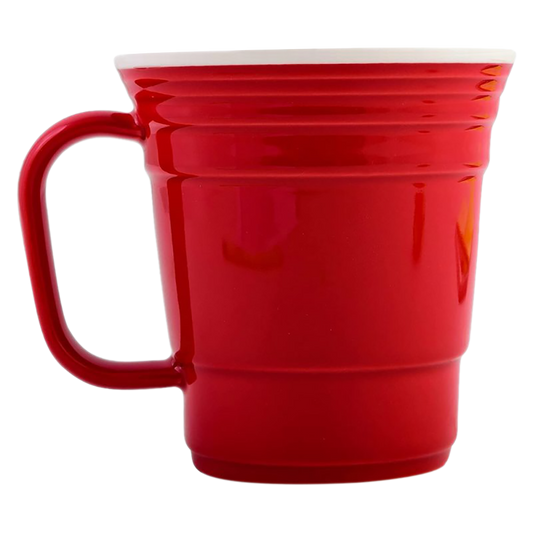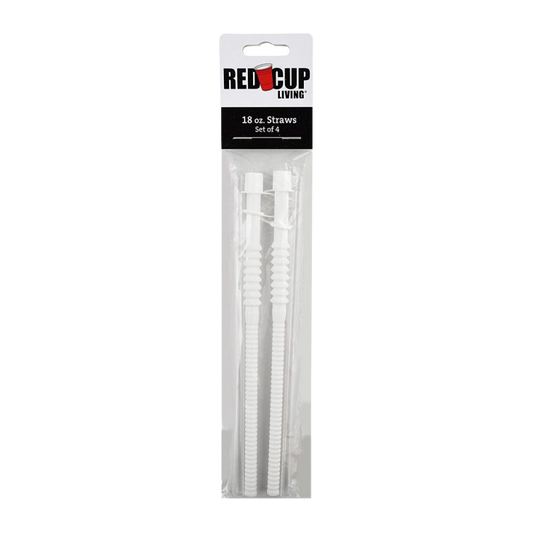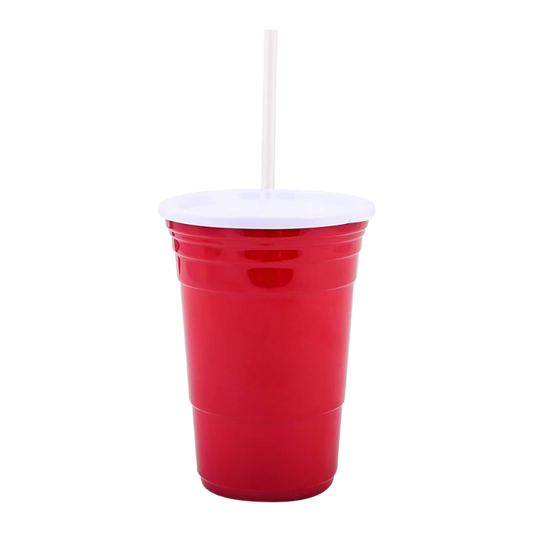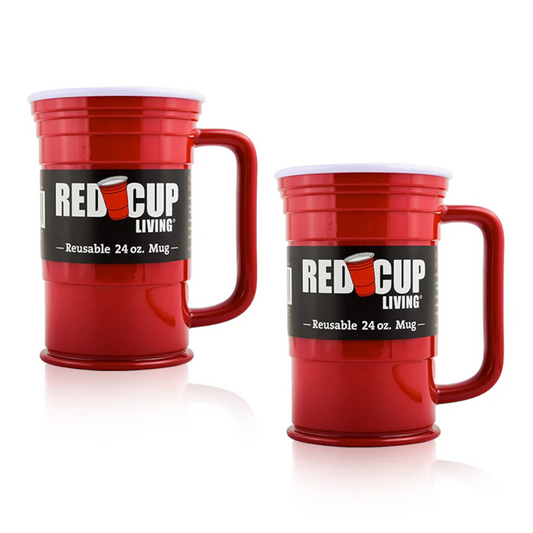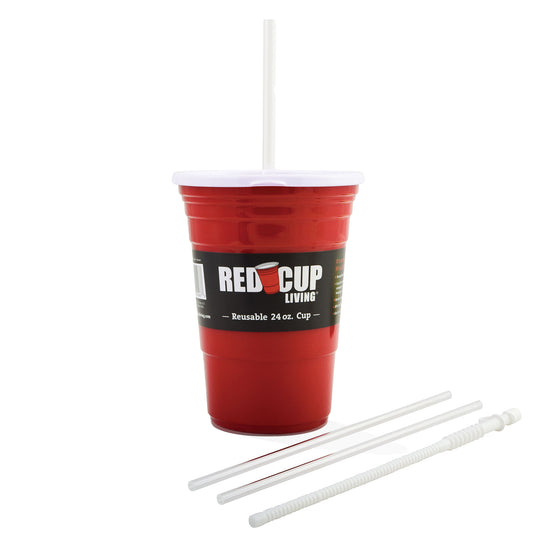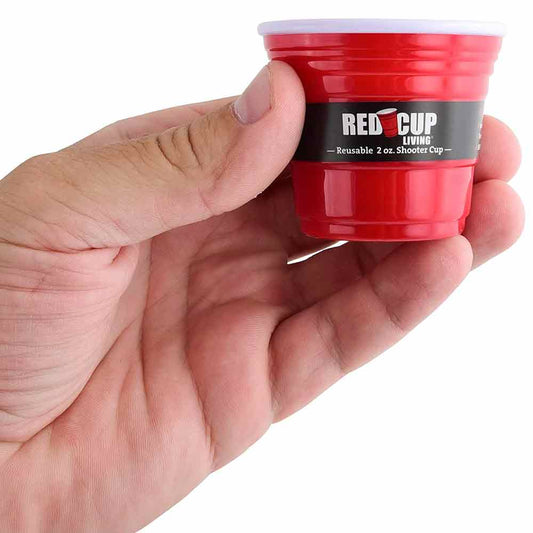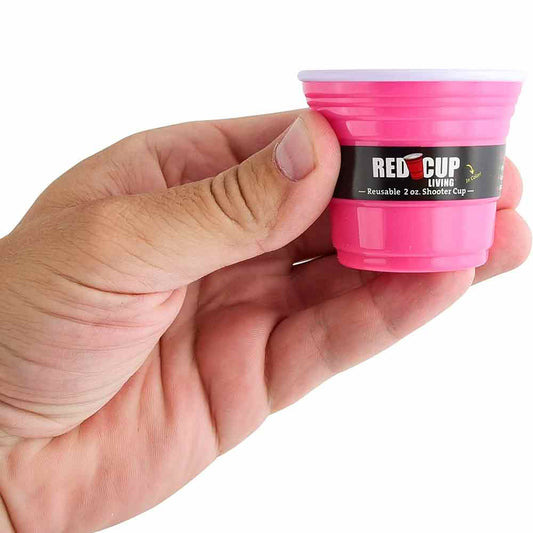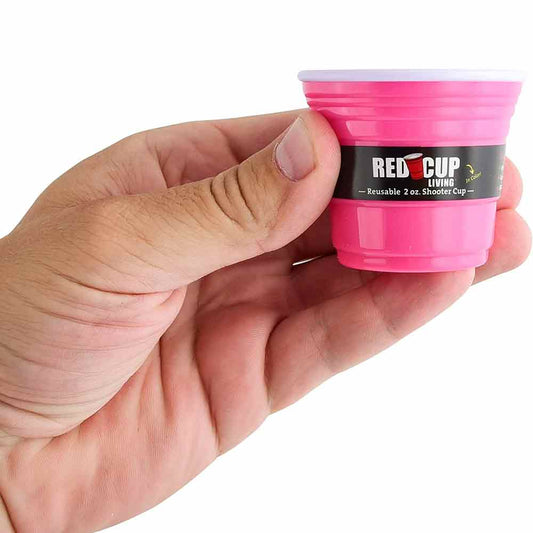Introduction:
The transition from bottles to regular cups is a significant milestone in a toddler's life, and sippy cups play a crucial role in making this process smoother. Beyond spill-proof convenience, these specially designed cups contribute to healthy oral development in growing children. In this blog, we explore how sippy cups can positively impact oral health and promote the development of strong and happy smiles.
Gradual Transition from Bottles: Sippy cups act as a stepping stone in the weaning process from bottles to regular cups. The transition is gradual, allowing children to develop the motor skills needed for sipping without the mess associated with open cups.
Encouraging Sipping Over Sucking: Unlike traditional bottles with nipples, sippy cups require a sipping motion, which promotes the development of oral muscles. This action is crucial for speech development and strengthens the tongue and lip muscles.
Reducing the Risk of Tooth Decay: Sippy cups with spill-proof valves help control the flow of liquids and discourage constant sipping throughout the day. This can reduce the risk of prolonged exposure to sugary drinks, which is a leading cause of tooth decay in young children.
Promoting Independence: As toddlers learn to hold and use sippy cups independently, they develop fine motor skills and hand-eye coordination. This newfound independence fosters a sense of accomplishment and confidence.
Orthodontic Benefits: Many sippy cups are designed with orthodontic principles in mind. The spout or straw encourages proper tongue and jaw positioning, reducing the likelihood of developing orthodontic issues later in life.
Hydration Habits: Sippy cups make it easy for parents to encourage healthy hydration habits. Offering water in sippy cups throughout the day promotes good overall health and helps establish a routine of choosing water over sugary beverages.
Easy Transition to Open Cups: By gradually introducing sippy cups, children become accustomed to the idea of using cups for drinking. This makes the transition to open cups smoother when they are developmentally ready. Additionally, tire valve caps can be used to securely seal bottles or sippy cups, preventing leaks and making it easier to transport liquids without spills.
Selecting the Right Sippy Cup:
- Choose a sippy cup with a spill-proof design and a valve that promotes controlled sipping.
- Opt for cups that are free from harmful chemicals like BPA, ensuring the safety of your child.
Conclusion:
Sippy cups are more than just spill-proof containers; they play a pivotal role in supporting healthy oral development in toddlers. By facilitating a smooth transition from bottles to regular cups, encouraging proper sipping motions, and promoting independence, sippy cups contribute to the overall well-being of growing children.
When chosen thoughtfully and incorporated into a balanced routine, sippy cups become valuable tools in nurturing healthy smiles that will last a lifetime.







